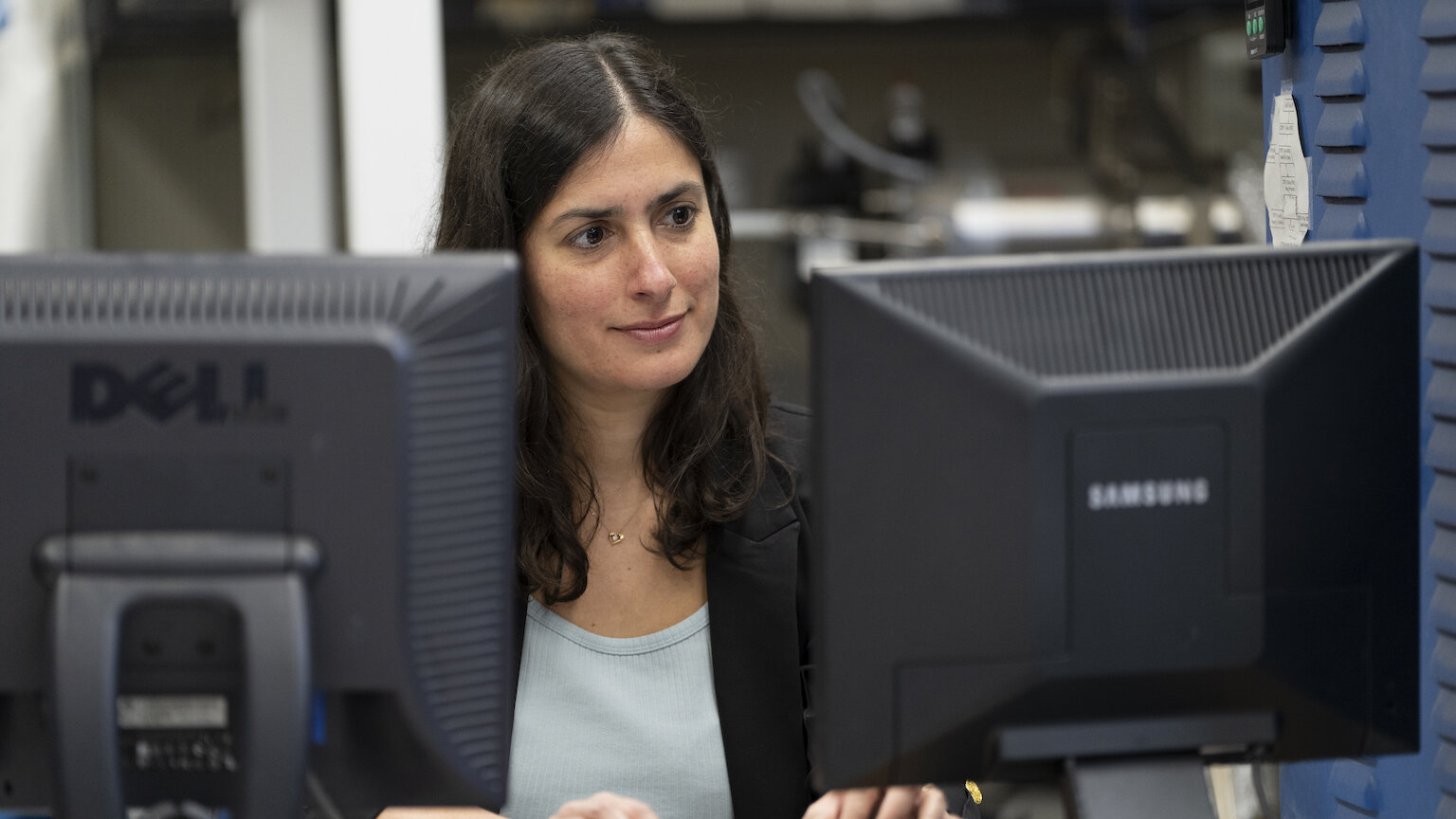
Earlier this week, engineering physics professor Gitanjali Kolhatkar was named Canada Research Chair in Bioinspired Smart Materials (Tier 2). We sat down with Kolhatkar to learn more about her research that utilizes Artificial Intelligence (AI).
- What is Artificial Intelligence?
Artificial intelligence is reproducing a living brain’s ability to think and learn in machines or software.
- Can you explain your research focus?
My research focuses on making computer hardware that can learn like the human brain. Our brain’s ability to learn is ensured by our neural network, which is composed of neurons interconnected by synapses. When we learn, the neurons send a voltage pulse to the synapses, which induces a change in the synapse resistivity. In my team, we develop artificial synapses consisting of devices in which this change in resistivity can be directly emulated.
- What role does AI play in your research?
My research focuses on the hardware aspect of AI. We use the basic concept of artificial neural networks, comprised of an input layer, hidden layers and an output layer interconnected together, which we reproduce using electronic devices we fabricate.
- How does AI contribute positively to your field and in all of engineering?
Once optimized, the artificial neural network we develop will provide a new hardware platform for the next generation of computers. These computers will be able to think like our brain, which will make them orders of magnitude more energy efficient than current computers. These computers will also perform operations much faster.
- AI becomes an increasingly controversial topic in society, what do you want people to know about it?
Today, we use deep learning algorithms in our everyday lives. However, current computer architecture results in very high energy consumption, and therefore a very high carbon footprint, contributing to climate change. In today’s climate crisis, we have a critical need to reduce our energy consumption. Therefore, building highly energy-efficient computer architectures will decrease our energy consumption, slowing the effects of climate change.
